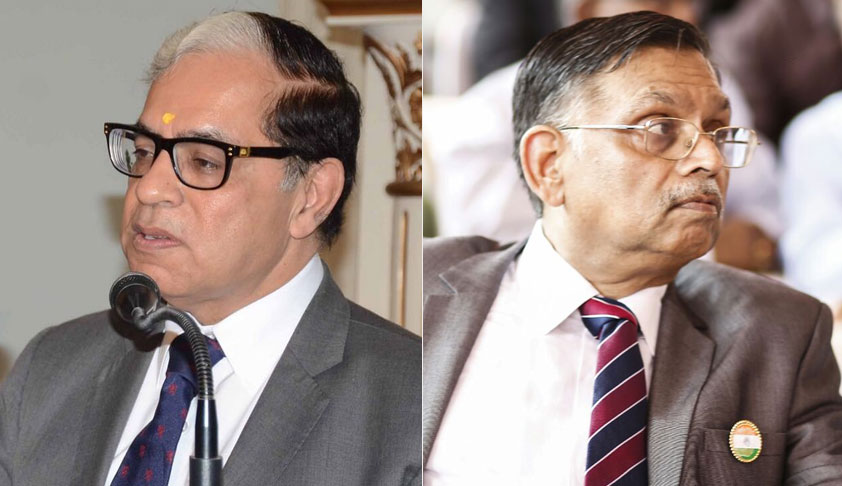- Home
- /
- Top Stories
- /
- Master of Roster Case- Summary of...
Master of Roster Case- Summary of Judgment
Manu Sebastian
6 July 2018 8:47 PM IST
“In case the expression ‘Chief Justice’ is to be interpreted as ‘Collegium’, it would be difficult to have smooth day to day functioning of the Supreme Court”The Supreme Court refused to declare that the function of allocating cases and assigning benches should be exercised by the collegium of five senior judges instead of the Chief Justice of India. The petition filed by...
Next Story



